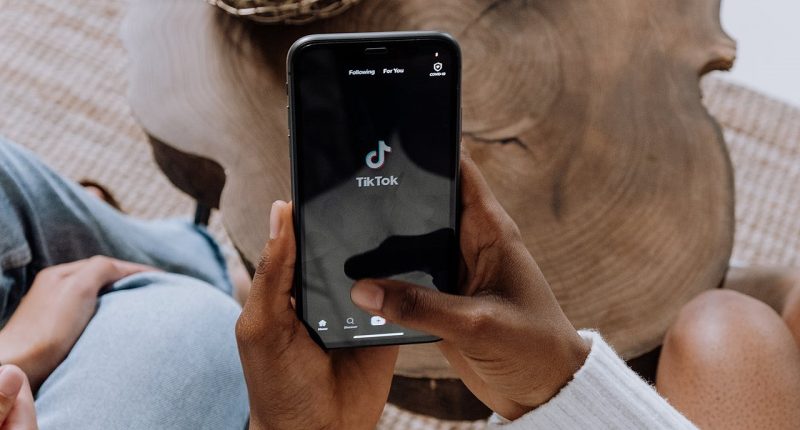Come Sunday, and ByteDance-owned popular short video app TikTok would eventually be banned in the US, in a culmination to a rather dramatic battle that has unfolded in the past few months in the US. TikTok lost the final fight as well, as the US Supreme Court decided in favour of upholding the law that both the US Congress and President Biden had also passed through.
As it appears, ByteDance — for now — has only two options – either face a ban in the country from Sunday (January 19) or sell TikTok’s US assets. The decision of the court is not surprising though, as last week during the hearing, majority of justices appeared inclined to uphold the federal law. At the time of the hearing, the justices appeared more focused on the potential national security risks posed by TikTok instead of the company’s argument of curbing free speech and violations of First Amendment rights.
TikTok – which has over 170 million users in the US – may not be available in the App Store or Play Store from Sunday in the United States. This is because, as per the federal law signed by Joe Biden in April 2024, it will be illegal for app stores and internet hosting services to offer (particularly distribute) the app within the country from January 19 unless the Chinese firm divests it.
All US Supreme Court judges involved in the case came to the same decision and considered the law is constitutional and not violating the First Amendment right of free speech. Instead, the court found that the law intends to protect national security. It seems like the court agreed with the US government’s argument that the Chinese company-owned app could pose a threat to security, as it may be used for Chinese influence, surveillance, and data collection of US citizens.
Interestingly, while giving the judgment, the court highlights that the US government has provided credible evidence showing that China has engaged in activities that raise significant national security issues, including the collection of citizens’ data for intelligence or counterintelligence purposes. The court’s verdict also suggests that China’s actions are not isolated or incidental but part of a systematic and prolonged campaign, and maybe that’s why the government looks more careful.
Meanwhile, the White House also issued a statement and said, “TikTok should remain available to Americans, but simply under American ownership or other ownership that addresses the national security concerns identified by Congress in developing this law.”
But will TikTok really go away?
As much as TikTok has received damning news from all quarters, and has been receiving the same for some time now, there somehow still lies some uncertainty on whether the ban will actually be enforced.
And a big reason for that uncertainty is the US President Elect, Donald Trump. Trump has publicly stated that he is not in favour of banning TikTok and has instead suggested alternative routes to keep the app alive. In fact, in a post on his social network Truth Social, he specifically mentioned talking about ‘TikTok’ with Chinese President Xi Jinping.
Add to that a recent decision from President Biden, wherein he decided to delay action on enforcing the TikTok ban, leaving the responsibility for enforcement to the Trump administration.
In the meantime, TikTok CEO Shou Chew issued his first public statement since the Supreme Court upheld a law banning the app. In a video posted on TikTok, he thanked Trump for his recent support. “I want to thank President Trump for his commitment to work with us to find a solution that keeps TikTok available in the United States. This is a strong stand for the First Amendment and against arbitrary censorship,” Shou Chew said in the video.
The Tech Portal is published by Blue Box Media Private Limited. Our investors have no influence over our reporting. Read our full Ownership and Funding Disclosure →






